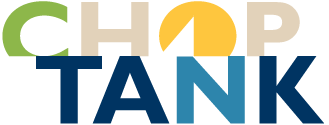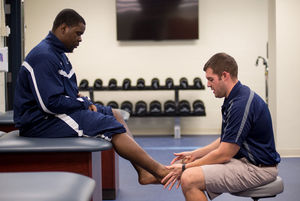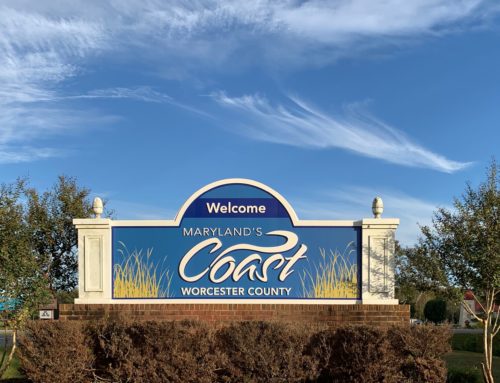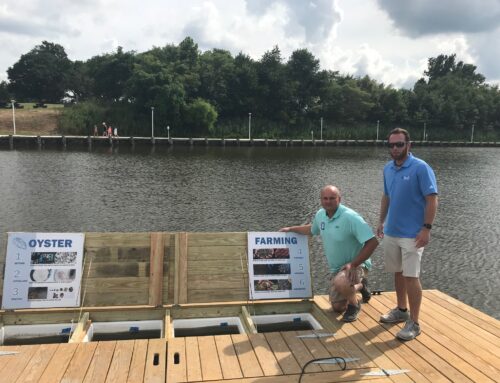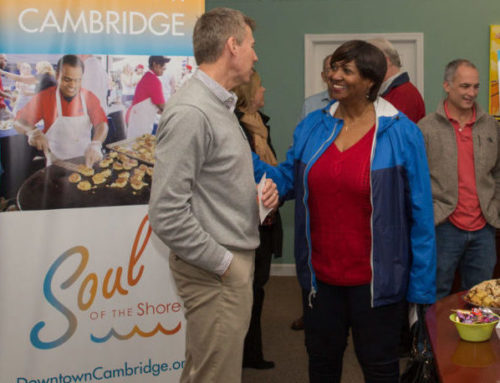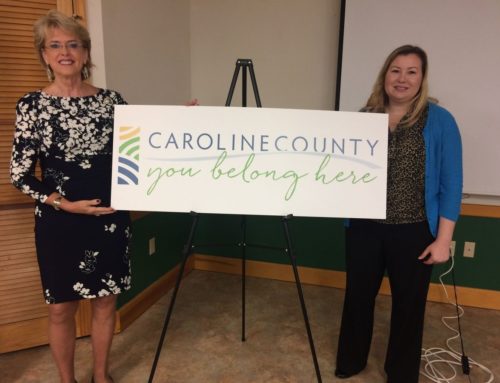By Brent Burkhardt, Special to The Sunday Star
WYE MILLS — When Chesapeake College point guard Kamron Hall suffered a PCL knee injury during a preseason basketball workout, he turned to the Skipjacks’ new full-time athletic trainer, Nick Williams, to evaluate his condition and treatment options.
Joined by head coach Allen Mitchell, Williams met with Hall’s parents and discussed whether to have season-ending surgery or rehab the injury. On-campus rehab was not a viable option for Chesapeake athletes in prior years, but Hall feels working with Williams in the athletic training room was ultimately the right decision to get him back on the court for the 2015-2016 season.
“We went at it every day for a month and half to strengthen my knee,” Hall said. “I couldn’t ask for anyone better. Coach Nick was very patient working with me, heating, icing and having me ride the bike. I’m glad he’s here.”
Chesapeake’s decision to bring aboard full-time trainer in Williams proving a boon
Hall’s choice strongly validates the college administration and Board of Trustees’ decision to create a full-time trainer position. Previously, Chesapeake contracted with part-time trainers.
“A lot of people think athletic training is about water bottles and taping ankles,” Williams said. “It’s really about prevention and education and keeping injuries from happening.”
When they do, Williams is there to provide relief.
“In three months, I’ve probably done 300 athlete treatments … about five a day,” Williams said. “And that doesn’t count stretching or assisting on the field.”
He’s already seen four cases requiring surgery among Chesapeake’s student athletes, including ACL, PCL, MCL and costochondral knee injuries.
“Without a full-time athletic trainer,” Williams said, “We could not have acted as promptly and efficiently to help these players.”
Williams works with all Chesapeake athletes to provide education, evaluation, diagnosis, rehabilitation and prevention of orthopedic injuries. He’s on the field and court for every game, treats opposing team members and travels with the Skipjacks for postseason play.
“My day starts early,” Williams said. “Following a workout, I teach class two days a week, and perform athletic treatments from 11 a.m. through the afternoon, both in and out of season. On game nights, I may be here as late as 10 p.m.”
This fall, Williams taught Introduction to Sports Industry and will follow up with an Injury Prevention class in the spring semester. He also oversees the general wellness of Chesapeake’s faculty and staff and recently instituted a circuit-training program for their benefit.
It’s a busy job, but Williams, 29, appreciates life on the Eastern Shore, where he can spend more time with his wife, Centreville native Sarah Williams, and his sons Brayden and Beckham. Hired by Chesapeake Athletic Director Frank Sysmanski, he began in mid-August.
“Nick’s impact on the program was positive, immediate and most welcome,” Szymanski said. “We needed someone with his energy, imagination and commitment to bring our training capabilities up to where they needed to be.”
“I had about two weeks to get started (before the first game) … we were rockin’ and rollin’, ” Williams added.
He immediately ordered the year’s supplies, established connections with team doctors Rich Mason and Jason Jancosko at The Orthopedic Center in Easton, and formed a partnership with the University of Maryland Medical System. Chesapeake’s new Health Professions and Athletics Center (HPAC) made life a lot easier.
“I’d put it up against many Division I institutions’ facilities,” Williams said. “Our athletic training room compares to what we had at UMBC.”
The University of Maryland Baltimore County is one of many stops in Williams’ still-young training career. They include graduate assistant, internship and paid positions with:
• Salisbury University
• The University of Alabama (where he received his Master’s and was a graduate assistant with the football team)
• Baltimore Ravens, Baltimore Blast, Chesapeake Bayhawks
• Union Memorial Hospital
• Loyola College
• Most recently, the College of Southern Maryland
At Salisbury, Williams worked with Head Athletic Trainer Pat Lamboni, who remains an important mentor, as does Archbishop Curley’s Marty McGinty, who treated his injured shoulder as a high school junior in Baltimore. Those influences in Williams’ career have a lot to do with how he interacts with Chesapeake’s student athletes today.
“Coach Nick, he’s really close to the players,” Hall said. “He’s not just a trainer. He’s someone we can go to with questions about injuries, school and other things in life. He’s a relationship person.”

